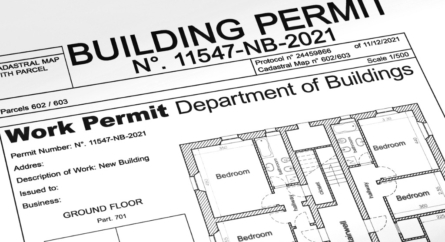Brewing in the Zone: A Zoning Primer for Brewers
Imagine finding the perfect site for your new brewery and tap room—it’s spacious, inexpensive, and conveniently located—only to be told by your lawyer that breweries aren’t allowed in that particular location. This is the reality that many brewers face since, traditionally, breweries have been relegated to industrial districts under local zoning by-laws that lump breweries in with other manufacturing activities. But with the growing popularity of breweries as restaurants and tourist destinations, local governments around the United States are starting to realize the benefit of creating a more hospitable business climate for brewers. For brewers, locating communities that provide a favorable permitting environment can save valuable time and thousands in startup costs.
Generally, zoning by-laws regulate the use of land by dividing municipalities into districts with distinct characteristics—e.g. residential, industrial, business, etc.—and then allowing certain uses in each district. Most zoning by-laws further separate uses into three categories: uses that are (1) allowed by right, (2) allowed by special permit or (3) prohibited. The way in which a certain use is categorized determines whether zoning relief is required for that particular use, which in turn, significantly impacts the cost of obtaining approvals and starting a business.
Breweries are complicated because a variety of “uses”—e.g. manufacturing, warehousing, distribution, restaurants, bars, retail, brewery, brewpub, etc.—need to be accounted for. Furthermore, every craft brewer will tell you that a “craft brewery” is not a “macro brewery,” and both are distinct from a “brewpub,” which is not necessarily a “micro brewery.” Each of these uses has a distinct character based on the volume of beer produced, the size and frequency of deliveries in and out of the facilities and the number of visitors they attract—some are appropriate in certain neighborhoods and some are not.
In addition to use restrictions, zoning by-laws may restrict the opening of a brewery in a number of other ways related to traffic impact, parking, dimensional requirements and wastewater discharge requirements.
Evaluating the zoning environment is as important for a brewer as evaluating the condition of the potential brewery site. Thus, brewers should determine early in the site location process whether a potential building will require zoning relief and carefully evaluate its likelihood of successfully obtaining such relief before proceeding further. A careful zoning analysis by brewers and their real estate attorneys at the beginning of a site acquisition or lease negotiation is well worth the investment in the long run.
Categorized: Zoning
Tagged In: craft brewery, Start-ups, zoning











